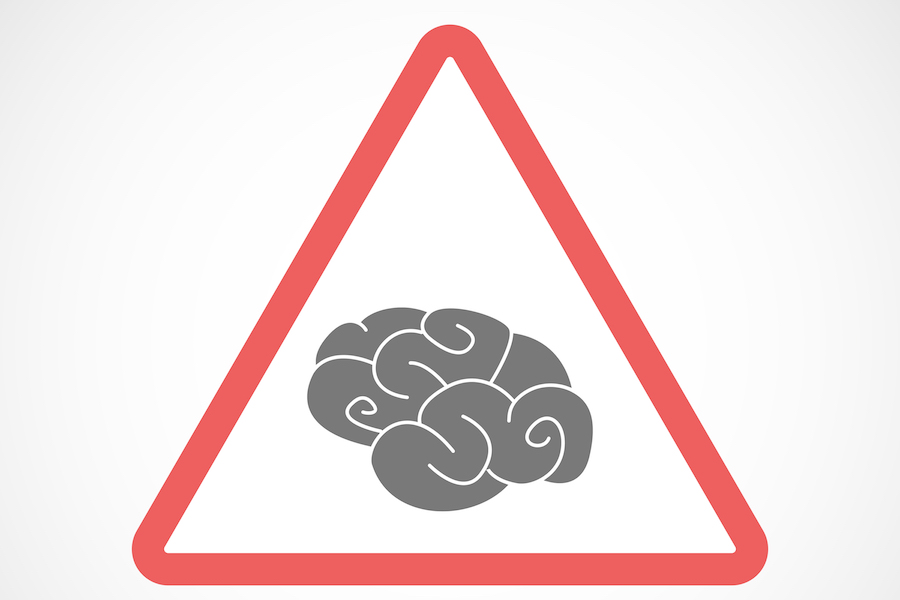Why psychological safety is vital in a workplace

The chaos and complexity of the human condition and experience cannot be easily controlled or fixed, it can only be managed and tailored, or subtly redirected and enhanced.
Our diverse and varying lives and experiences – both inside and outside the workplace - make it impossible to apply fixed mechanical solutions, policies and controls that are designed for the complicated pressures and strains of a workplace environment. That approach has resulted in genuine confusion amongst its many advocates as to why the most comprehensive and sophisticated offerings, fashioned with our best technology and data, have failed to provide the expected engagement, productivity and clarity for the talent force.
Psychological safety
Honest feedback and high quality human interactions are still largely at a deficit in most workplaces. Instead, we are faced with rising pressures and escalating mental health issues in the modern world. This is a difficult challenge to solve. But a better grasp of both individual and group psychology plays a key role in fashioning a healthier and happier office environment. .
The little known or recognised reason as to why success remains somewhat elusive is the clear lack of psychological safety in most workplaces.
To be in a state of such safety means "being able to show and employ one's self without fear of negative consequences of self-image, status or career” (Kahn 1990, p. 708). When we feel safe, we are more capable of honest conversations with ourselves and others. Furthermore, it is the only time we feel truly encouraged to take innovate risks, and fashion bold new approaches. It is psychological safety that ensures the engagement and adoption of new technology and organisation changes. It also facilitates real time, quality feedback to the leadership team about the health of the company and its staff. But the benefits go further: it is the foundation of our best behaviour, and the core of healthy, thriving workplace relationships.
Social wellbeing
Working with businesses to promote social wellbeing, eradicate bullying and the’ queen bee’ syndrome, our findings conclude that negative behaviour is usually driven by lack of such safety caused by people, processes or technology. When we feel happy and secure in our work positions, when we are connected to our colleagues and leaders and trust the tools we use, there is no need to push blame on others, demean and exclude individuals.
When in state of security, leaders can communicate joyfully and team contributors can respect and support each other. Conversely, when we feel threatened, we are harsh, unforgiving, defensive and make sub-optimal decisions.
Here are four signs that there’s not enough psychological safety in your organisation:
- The emotional pulse of your organisation is mostly made of fear, anxiety, frustration, anger and chronic stress?
- Strained work relationships are de jour and bullying is observed
- ‘Change’ fatigue and/or lack of enthusiasm towards new processes and technology
- Lack of quality feedback that leads to resolving problems.
The first step in order to transform the workplace culture and boost physical, mental, emotional and social wellbeing is to support the creation or enhancement of psychological safety in all areas of our workplace.
What is required is for our personal batteries to be brimming with energy on a physical, mental and emotional level. Scientific research has confirmed that 70 per cent of our overall energy is emotional - so feeling safe is a big part of harnessing positive and productive behaviour. Our emotions must be on the opposite scale to fear in order for us to have quality social and personal relationships.
We know that if we don’t get enough rest, movement, nourishment and sleep our physical ‘battery’ suffers and can’t support our mental and emotional charge. Psychological safety and rest are interlinked. Ensuring that company strategy supports those needs is not enough, however - we also need to look at our work values. Feeling safe requires to have as much autonomy as possible in our daily decision making. Our mental battery has a limited amount of decision-enabling resources available per day and when we are in a state of emotional safety we can use that capacity much more wisely. If you ask one question, then let it be this: when can you be moving towards joy, curiosity, gratitude, compassion and pride?
Incorporating those emotions is what real mental and emotional safety facilitates and it is what the elusive work happiness index ultimately consists of. A talent base that is safe and supercharged is unstoppable. It is not the investment in brilliant technology alone that will give you the edge – it is the brilliant, emotionally balanced workforce that yields it, and which will allow businesses to reap its real rewards.
This article is provided by Elevated Living Wellness.
If you'd like to hear a lot more on the topic of employee wellbeing, and also specifically from Elevated Living Wellness, then sign up for Employee Wellbeing Congress on 20 June in London, where they'll be exhibiting.
Supplied by REBA Associate Member, Levell
A 360C wellbeing@work company, from strategy advisory&implementation to digital wellbeing platform.







